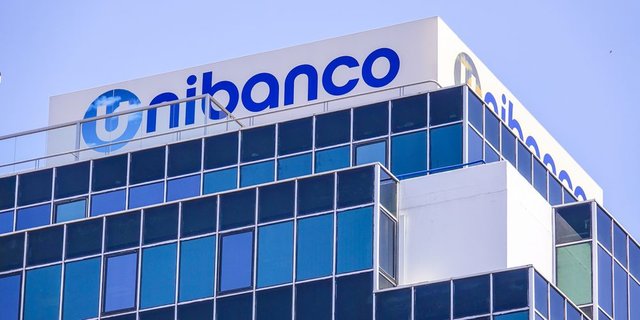Brazil and Latin America’s Largest Bank Will Use Ripple to Process Payments

On 21 February, the Ripple team revealed that Itaú Unibanco, the largest bank in Brazil and Latin America by market capitalization, will use the xCurrent Ripple block network to process cross-border payments and remittances.
The adoption of Ripple
Most major South Korean and Japanese banks, led by SBI Holdings, one of Japan's leading commercial banks, use the Ripple Liquidity Platform, xRapid, to reduce the operating costs of banks and institutions .
In the coming months, Itaú Unibanco, with a leading Singapore-based remittance service provider, InstaReM and India's indusInd commercial bank, will actively use Ripple xCurrent to settle payments between international financial service providers.
The Ripple team noted that remittance service providers in major transfer markets such as Brazil and Canada have started using xVia, a payment solution developed by Ripple, to process payments on the credit card chain. Ripple blocks. Beetech in Brazil and Zip Remit in Canada aim to process payments on the RIpple blockchain network with money transfer service providers in China, while Chinese money transfer companies entered RippleNet in February.
Patrick Griffin, head of Ripple's business development, stressed the need for a blockchain solution like Ripple in the global remittance and payment industries, especially for emerging market businesses and consumers. Griffin explained that blockchain technology can facilitate the process for people sending money from abroad to their home country, especially for expatriate workers and international companies.
"The problem of payments is a global problem, but its negative impact disproportionately affects emerging markets, whether it is a teacher in the United States who sends money to his family in Brazil or a small entrepreneur in India who tries to move to open a second store in another country, it is imperative to link financial institutions around the world to a payment system that works for their customers, not against them, "Griffin said.
As CCN reported in January, Ripple has partnered with some of the world's largest money transfer providers, such as MoneyGram, to process international payments on its blockchain network. If Ripple can build an ecosystem and a community of leading money transfer service providers in both major regions like the US and emerging markets, individuals will be able to send and receive large and small payments via the Ripple blockchain, with reduced costs.
The key is to create a link between remittance providers to ensure the existence of a decentralized, peer-to-peer platform with which institutions can send and receive money with each other .
Already, RippleNet has included large-scale remittance service providers in Singapore, China and other Asian countries. InstaReM alone processes more than 500,000 consumer-initiated transactions in more than 60 countries, including Australia, Canada, Hong Kong, Singapore and India.
2018 is an important year for Ripple, and this is a time when it will have to justify the partnerships it created in 2017 by increasing daily transaction volumes and user activity. In 2017, Ripple was criticized for the lack of transaction volumes from banks that partnered with Ripple Labs to process transactions.
That's great